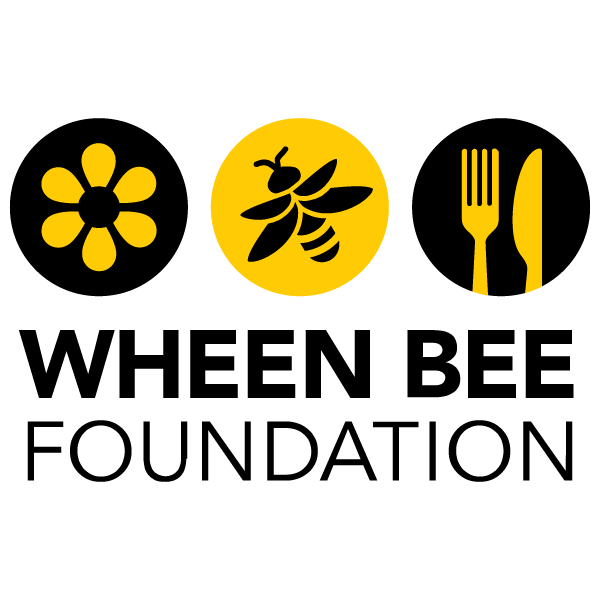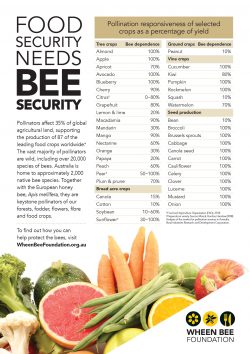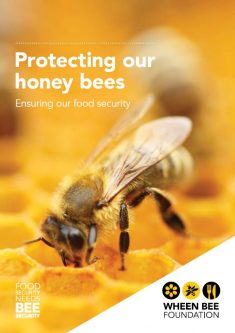Resources
This page provides some useful links to resources for those interested in bees and beekeeping, and to other organisations that also support bees or the beekeeping industry.
Information and tools

BeeConnected
BeeConnected is a nation-wide, smart-phone app that enables collaboration between beekeepers, farmers and spray service contractors to facilitate best-practice pollinator protection. BeeConnected is free and available on iPhone, Android and desktop computers.
Library Resources
The Wheen Bee Foundation collection of books on apiculture are on loan to the Beechworth Honey Archive. They are located at Beechworth Honey Discovery, 87 Ford Street, Beechworth, Victoria. The collection can be searched online and may be viewed on site at Beechworth by appointment. For bookings, please contact info@wheenbeefoundation.org.au
The Economic Valuation of Australian Managed and Wild Honey Bee Pollinators
This report by John Karasinski details the economic value of honey bee pollination in Australia with values broken down on a state by state basis. A valuable resource document.

BeeAware
BeeAware is a hub of information for beekeepers and growers about honey bee biosecurity and pollination of agricultural and horticultural crops. The site contains an extensive range of information about exotic and established pests and diseases of honey bees, and helps beekeepers to identify and respond to these pest threats. It also contains information about the pollination of crops and how beekeepers and growers can work together to provide and receive best practice pollination services.
Biosecurity Manual for the Honey Bee Industry
The Biosecurity Manual for the Honey Bee Industry provides information for the industry and producers about biosecurity practices and honey bee pests.
The real value of pollination
This Rural Industries Research and Development fact sheet provides information about the crucial role of honey bees in Australia’s agricultural sector.
Other organisations supporting bees and beekeepers

Australian Honey Bee Industry Council
The aim of the Australian Honey Bee Industry Council (AHBIC) is to maximise the efficient use of industry resources and funds to ensure the long term economic viability, security and prosperity of the Australian honey bee industry.

Honey Bee & Pollination Program - Agrifutures
This program supports research projects that aim to secure a productive, sustainable and more profitable Australian beekeeping industry and to secure the pollination of Australia’s horticultural and agricultural crops.

Hort Frontiers – Pollination Fund
Supporting a healthy pollination future. The Pollination Fund, part of the Hort Frontiers strategic partnership initiative, aims to enhance and support existing pollinators, and identify the most effective pollination methods for various horticulture crop types.

Plant Health Australia
Plant Health Australia is the national coordinator of the government-industry partnership for plant biosecurity in Australia. Their goal is to work with federal and state governments and industry representatives to promote strong biosecurity practices that minimise plant pest impacts on Australia, enhance market access and contribute to industry and community sustainability.

Cooperative Research Centre For Honey Bee Products
Low prices for honey bee products originating from Australia do not reflect their true value as unique and pure. Endemic flora, together with regulated isolation, has created the opportunity to produce rare honey bee products from healthy bees, and develop a niche market. This federally funded Cooperative Research Centre (CRC) will resolve industry problems that limit both the value and expansion of the Australian honey bee products industry. The CRC will also contribute to disease insurance policies to address a major global threat to our Australian honey bees.
